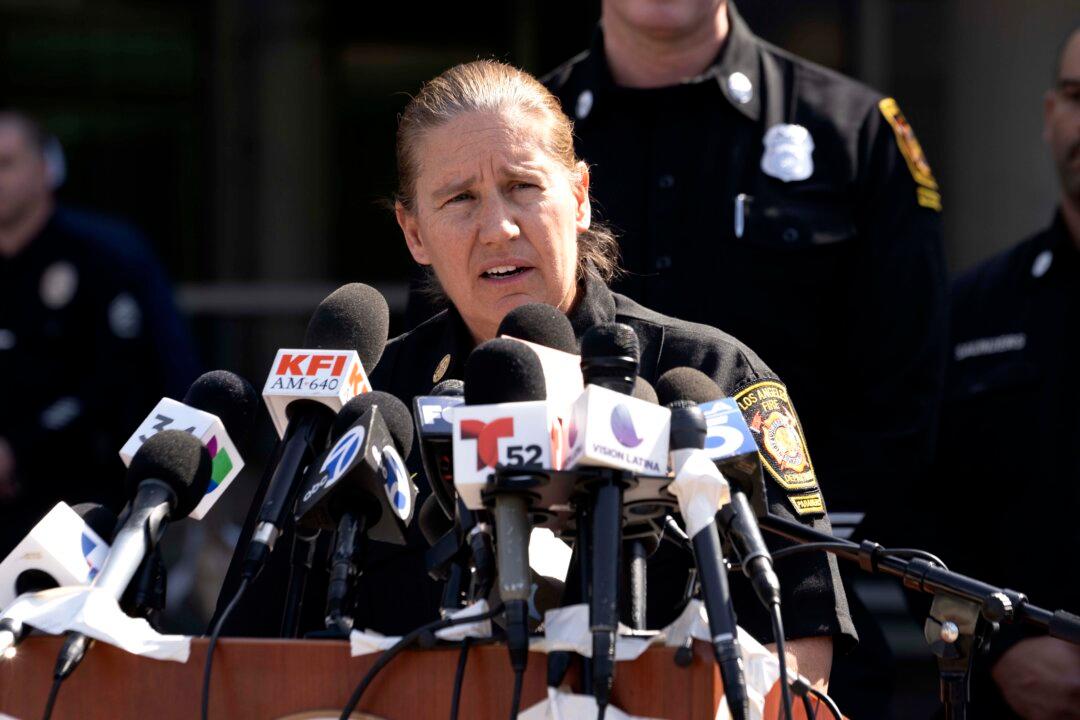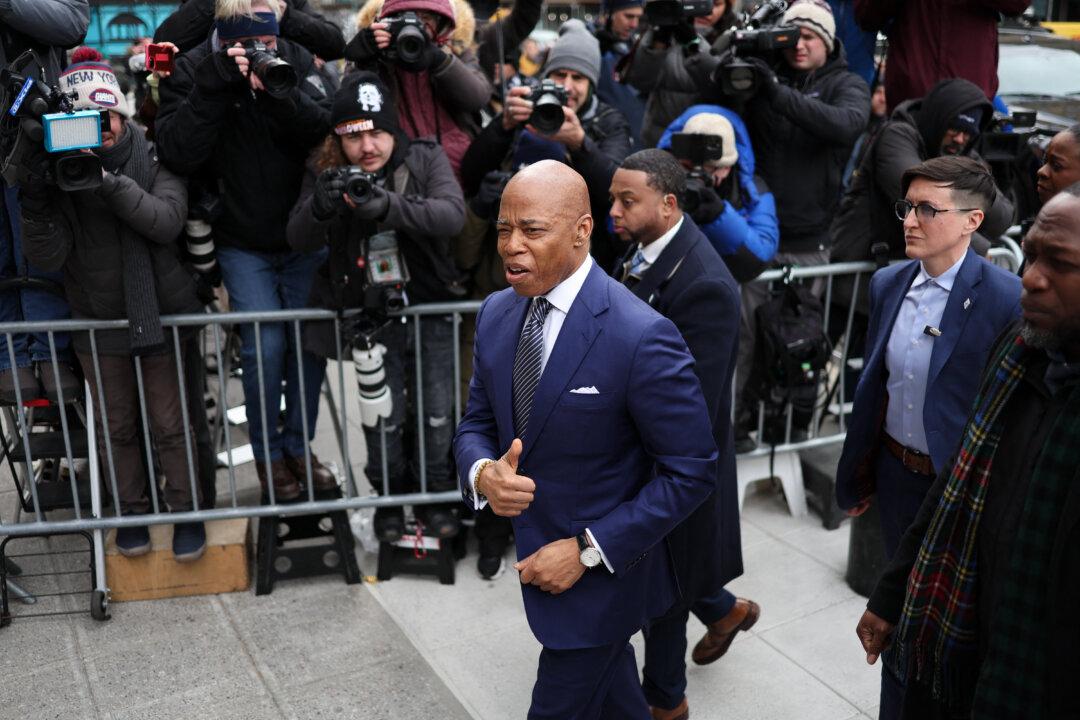The U.S. government is asserting that it, not Moderna, should face a lawsuit that alleges the company committed patent infringement with its COVID-19 vaccine.
Liability didn’t refer to an admission of patent infringement, the filing said, but “having legal responsibility for any acts that may constitute the alleged infringement.”
In his ruling rejecting Moderna’s attempt to dismiss the case, U.S. District Judge Mitchell Goldberg said the allegations against Moderna indicated the development and sale of the vaccines was primarily for the benefit of the vaccine’s recipients. The U.S. government was an incidental beneficiary, he said. Under legal precedent, the law, 1498, doesn’t cover inventions with an incidental benefit.
“While discovery may reveal that all, some, or none of the alleged infringing activity was ‘for the Government,’ the limited record appropriate for consideration at this stage does not allow me to make any such determination,” Goldberg, a George W. Bush appointee, said. The judge also declined to find that Moderna met the standard for having the government’s authorization and consent, in part because the government hadn’t filed any papers in support of the company.
In the new statement of interest, government lawyers made clear they’re backing Moderna.
They offered many of the same arguments as Moderna did in their motion as they asked the judge to allow them to defend against the patent claim in the court of Federal Claims.
“I think the U.S. government statement is quite important ... because it really sets out that the free distribution of vaccines to the public is covered by 1498,” James Love, director of Knowledge Ecology International, told The Epoch Times. The government purchased COVID-19 vaccines with taxpayer funds and has made them free to the public through the present day.
Hearing
The parties had been preparing to move into discovery before the government entered its filing. A Feb. 16 hearing meant to go over the discovery schedule turned into a hearing on the statement.The government’s filing doesn’t prove that Moderna developed the vaccine for the benefit of the government, David Berl, representing the plaintiffs, told the court.
“Is it for the government or is it, rather, for the benefit of the United States population? The government has nothing to say on this question,” Berl said. “It’s not the question for the government to decide, it’s a question for the court to decide. That is a fiercely disputed factual issue.”
Discovery would unearth communications that would make clear whether Moderna acted under the control of or independent of the government, Berl said.
He also noted that a second contract between Moderna and the Army, signed in 2022, doesn’t contain the regulatory clauses that Moderna cited in supporting the authorization and consent prong. That contract explicitly states that “the terms of the contract do not constitute express or implied Government authorization or consent under section 1498,” the government said in its filing.
That could mean part of the case, dealing with the latter contract and any nongovernment usage by private entities, continues in U.S. court in Delaware while another part, dealing with the original contract, transitions to the Court of Federal Claims.
The government would be the defendant in the latter court, a government lawyer said. He wouldn’t say whether the government would challenge the infringement allegations.
Moderna lawyers asked the judge to reconsider the ruling on the motion to dismiss in light of the government’s newly entered position.
Goldberg asked for submissions from the parties while he considers that request.





